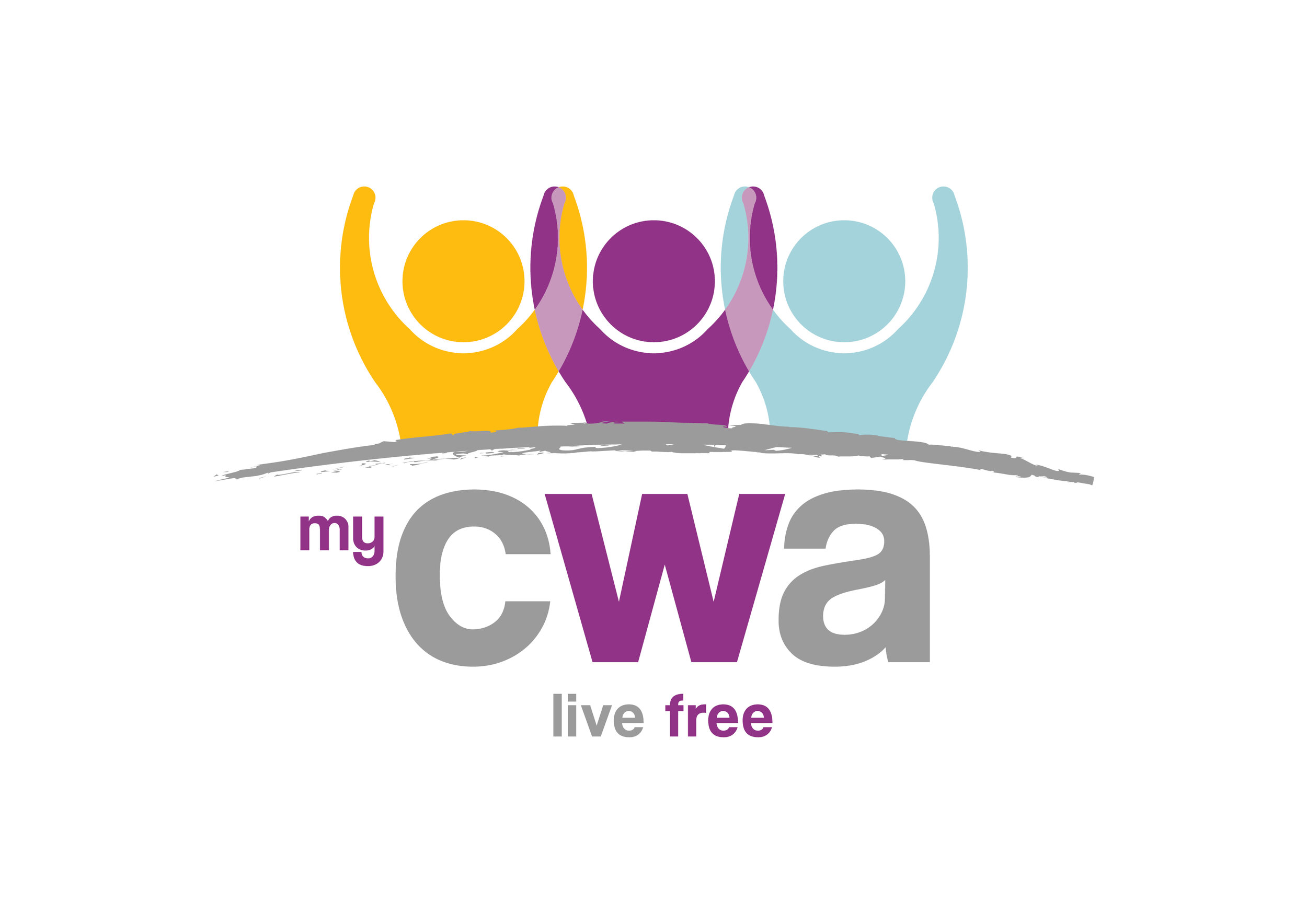financial abuse
If your partner has control over your finances, prevents you from earning your own income or forces you to depend on them financially, it’s highly likely that you’re being financially abused.
Financial abuse is a component of coercive control designed to restrict your freedom. It often takes place alongside other abusive behaviours, including emotional abuse and verbal abuse.
What behaviours does financial abuse involve?
Financial abusers prevent you from having control over your money in order to try to gain power over you.
Financial abuse isn’t as well known as other forms of abuse, but it can be just as limiting and can have a significant impact on your self-worth – especially when used as part of a wider pattern of abuse.
We’ve listed some examples of financially abusive behaviour below:
Stopping you from getting (or keeping) a job
Making you hand over your wages or benefits
Preventing you from spending money on yourself or your children
Using your credit cards without your permission
Controlling your bank account
Running up debts in your name
Gambling with family money
If you’ve experienced any of the behaviours listed, we are here to help. We care. The only person responsible for financial abuse is the abuser. Call us now if you need to talk.
“But he earns the money…”
Within loving, equal intimate relationships, both people should have access to family money.
It doesn’t matter if one of you goes out to work and the other stays at home with the children, you should be able to buy basic essentials such as food and clothing and you should be able to access any account that’s in your name.
“I’m rubbish with money so she deals with everything…”
There’s spending sensibly and living within your means; and there’s financial abuse. For people who have had debt problems in the past, it can sometimes feel like letting a partner take charge is the right thing to do.
But if you’re going without while your partner seems to have money to spend; if your partner is the decision-maker when it comes to how your money is spent; if you feel like a child requesting pocket money from a parent every time you ask for money; take a moment to think about whether this is part of a pattern of coercive and controlling behaviour designed to restrict your independence.
One of the most troubling effects of financial abuse is that it can be used to prevent you from leaving. If you feel like you have no choice but to stay with an abusive partner because you don’t have the money to leave, take a look at our get help section.
Or for urgent temporary crisis accommodation, call our 24-hour helpline on 0300 123 5101 (or 01270 250390 if you’re calling from another area).

